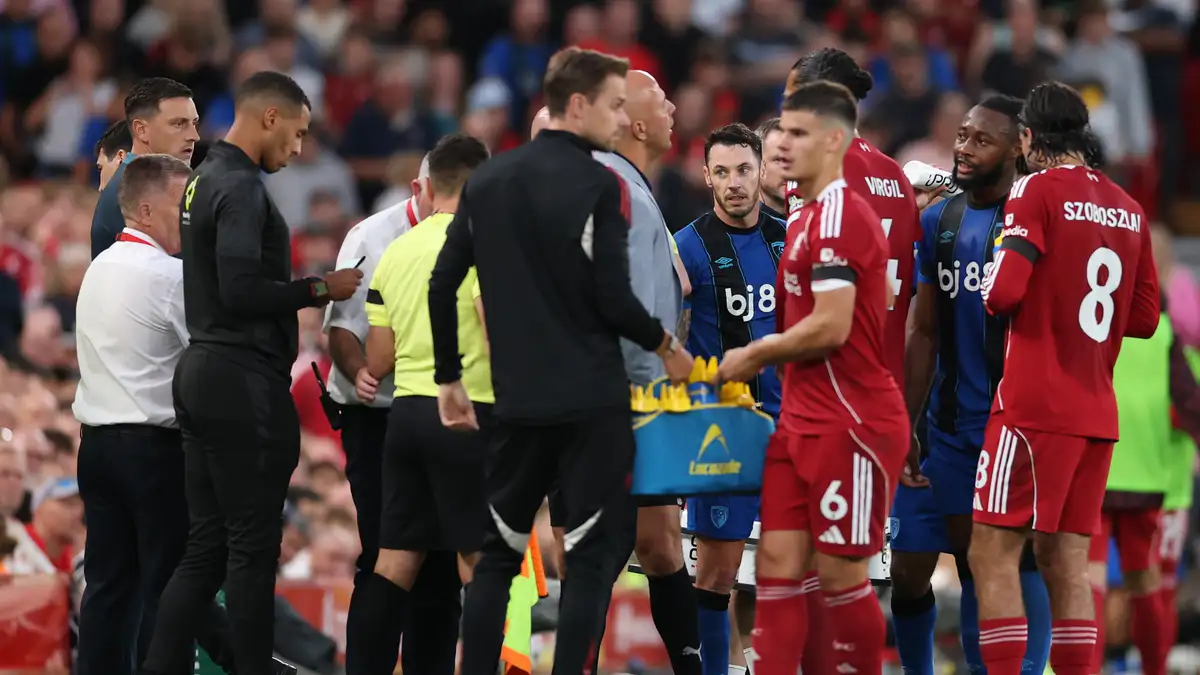
Man Arrested After Bournemouth Star Antoine Semenyo’s Report of Racial Abuse During Premier League Opener Against Liverpool
Anfield Incident Sparks Swift Action from Police, Players, and Fans as Football Unites Against Racism
The Premier League’s grand return for the 2024/25 season was supposed to be all about the football — the roar of the crowd, the clash of two proud clubs, and the drama on the pitch. But for Bournemouth forward Antoine Semenyo, the opening fixture against Liverpool at Anfield was overshadowed by an ugly incident that has no place in the game.
Just minutes into his first league appearance of the new campaign, Semenyo found himself the target of racial abuse from a member of the crowd. His reaction was immediate and decisive: he reported it to the referee. What happened next was a rare example of quick, collective action in a situation where every second counts.
The Incident That Stopped Play
According to those present at the stadium, the abuse was shouted from the stands close to where Semenyo was playing. The forward quickly made the officials aware, prompting a brief halt to the game. The referee, in line with Premier League protocols, spoke to both captains and ensured the report was handled with seriousness.
Within moments, security and stadium staff had identified the suspect — a 47-year-old man from Liverpool — and escorted him out of Anfield. It was a swift, no-nonsense response that set the tone for what would happen next.
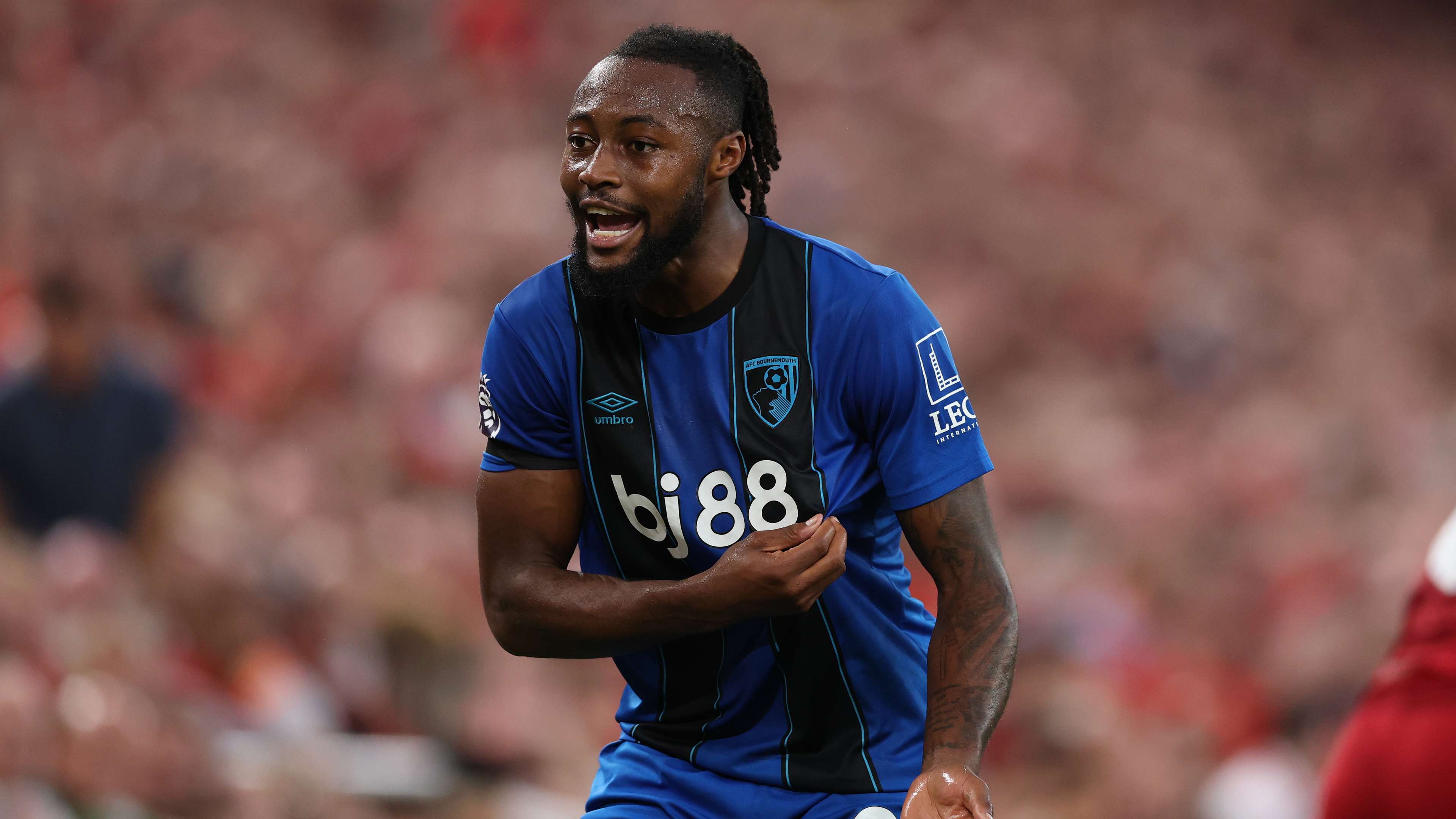
Liverpool v Bournemouth – Premier League
Police Confirm Arrest
By Saturday afternoon, Merseyside Police had issued an official statement.
“We have arrested a man following reports racist abuse was directed towards Bournemouth player Antoine Semenyo during his team’s Premier League fixture versus Liverpool at Anfield on Friday 15 August,” the statement read. “The suspect’s identity was confirmed and he was removed from the ground following the report.
“A 47-year-old man from Liverpool has today (Saturday 16 August) been arrested on suspicion of a racially aggravated public order offence. He has been taken into custody to be interviewed.”
The clarity and speed of the police’s response has drawn praise from anti-racism campaigners, players, and fans alike. In an age where incidents like this are sadly not uncommon, it was an example of the system working as it should.
Semenyo’s Response
For Semenyo, who has represented Ghana at international level and built a strong reputation in the Premier League with his direct, powerful style, the incident could have been deeply unsettling. Instead, he chose to focus on the solidarity shown around him.
Speaking after the match, the Bournemouth forward thanked “my teammates, the Liverpool players, the fans, and the match officials” for their support. “It’s not something you want to deal with on a football pitch, but the way everyone reacted was positive. We’ve still got a lot of work to do to make sure this stops happening, but I felt backed up out there,” he said.
A Wider Problem in Football
Sadly, racial abuse in football is not a new story. From grassroots to the top tier, incidents have continued despite campaigns, education programmes, and stronger sanctions. What makes this case significant is the chain of events — the immediate reporting, the swift removal of the suspect, and the follow-up arrest all within 24 hours.
Campaign groups like Kick It Out and Show Racism the Red Card have been calling for exactly this type of response for years. It sends a clear message: if you engage in racist behaviour at a football match, you will be identified, removed, and face the full weight of the law.
The Legal Side
Under UK law, racially or religiously aggravated offences carry heavier penalties than standard public order offences. Depending on how the Crown Prosecution Service classifies this case under the Crime and Disorder Act 1998, the suspect could face up to two years in prison, an unlimited fine, or both.
These laws exist to recognise the harm that hate speech causes — not just to the individual targeted, but to the wider community. Football stadiums are places where emotions run high, but they must remain safe environments for everyone, regardless of race, religion, or background.
The Role of Clubs and Fans
Liverpool Football Club has a long history of working to tackle discrimination, and this incident will no doubt strengthen their resolve. The club’s own fanbase has also been vocal in condemning the abuse, with many taking to social media to support Semenyo and express their disgust at what happened.
Bournemouth, meanwhile, have publicly backed their player, praising his composure and the way he handled the situation in the heat of a competitive match. The Cherries have also called for continued vigilance from all involved in the game to ensure that such incidents are dealt with decisively.
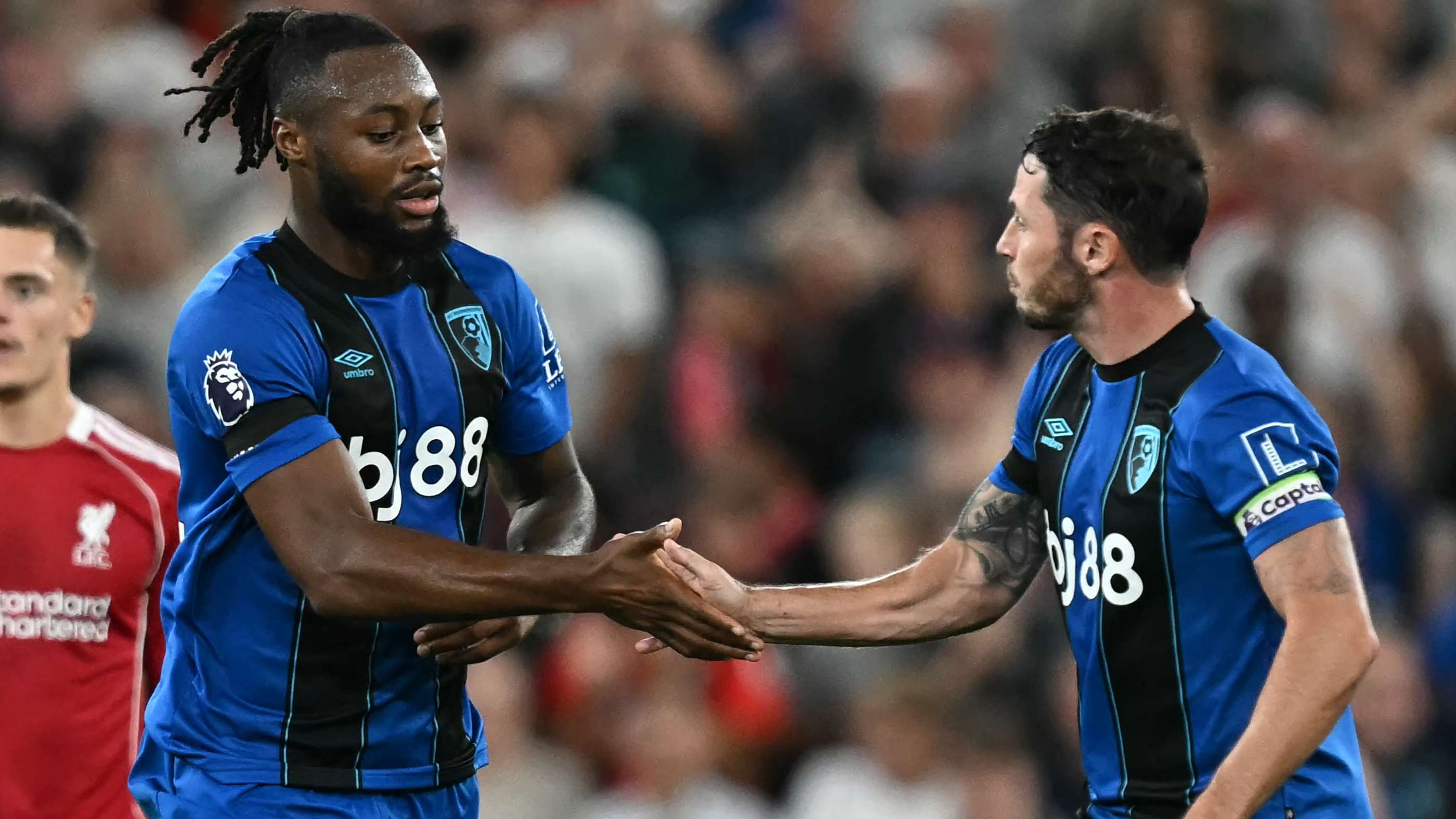
FBL-ENG-PR-LIVERPOOL-BOURNEMOUTH
Football’s Collective Responsibility
One of the more positive aspects of this incident — if one can call it that — is the way different stakeholders in football worked together. The match officials, the two sets of players, stadium security, and the police all played their part.
It’s a reminder that while anti-racism banners and social media campaigns are important, real change comes from action. That means listening when players speak up, taking reports seriously, and ensuring there are consequences for offenders.
A Premier League Season Under a Shadow
For the Premier League, which prides itself on being the most watched and most inclusive football competition in the world, this was not the headline anyone wanted from opening weekend. Yet perhaps there’s value in the fact that the first major incident of the season was dealt with swiftly and transparently.
It shows that football is not prepared to ignore or downplay racism — not in 2024, not in any stadium, not against any player.
The Road Ahead
Antoine Semenyo will be back on the pitch soon enough, focusing on his football and helping Bournemouth in their fight for Premier League points. The legal process for the arrested man will now take its course, with the police and prosecutors deciding on charges in the coming days.
Beyond the courtrooms, the conversation will continue: how can football finally rid itself of this stain? Education, lifetime bans, stronger policing — there are no easy answers, but the events at Anfield show that progress is possible when everyone involved takes responsibility.
Final Thoughts
The racial abuse directed at Semenyo was an ugly reminder that football, for all its beauty and global appeal, still mirrors the prejudices of wider society. But the response — immediate, united, and effective — was also a glimpse of what the game can be at its best.
In this case, the message was simple: racism will be met with zero tolerance. Whether you’re in the stands or on the pitch, there is no hiding place. Football belongs to everyone, and it’s up to all of us to make sure it stays that way.



















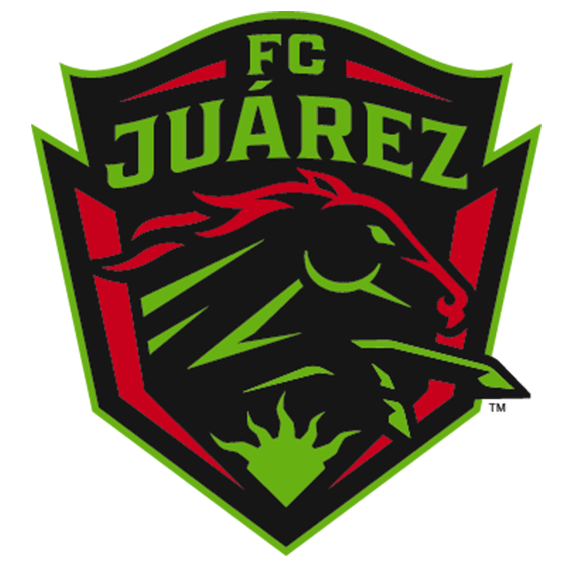

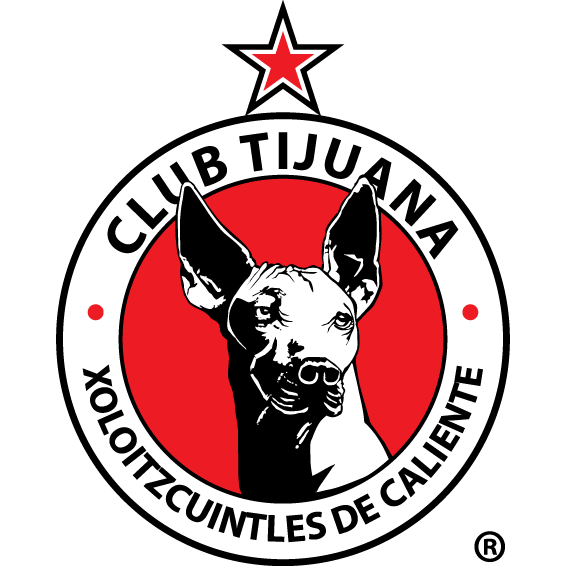




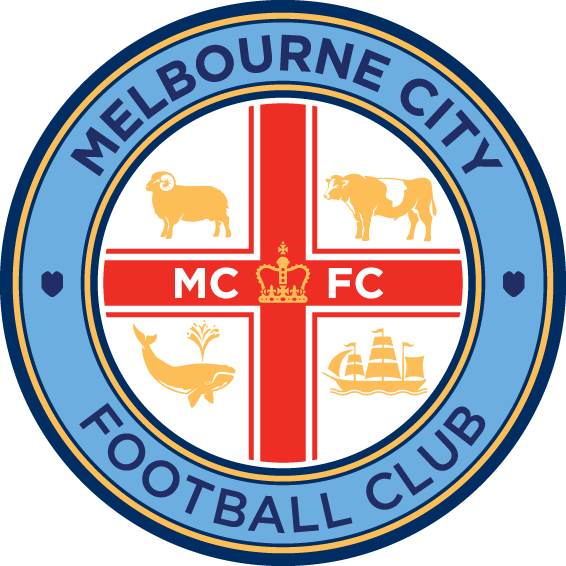



























There are no comments yet. Be the first to comment!